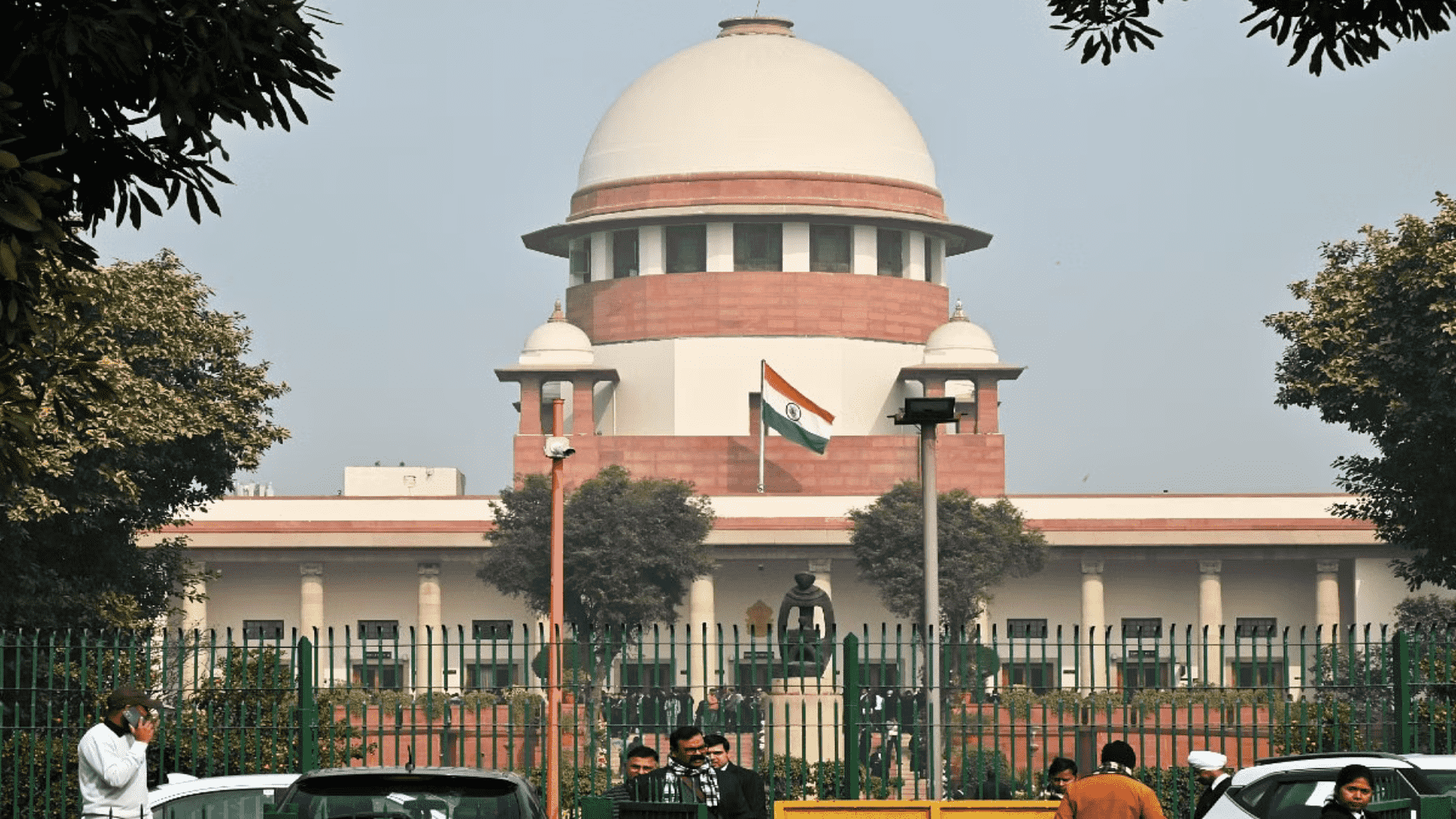On Monday, the Supreme Court postponed the trial of a criminal case filed against K Annamalai, the president of the Tamil Nadu BJP, for purportedly delivering a hate speech against Christians in October 2022.
A bench comprising Justices Sanjiv Khanna and Dipankar Datta extended their stay order and asked the complainant to submit their response within six weeks.
“Interim order to continue. Re-list the matter in the week commencing September 9,” the bench stated.
The highest court placed the criminal case against Annamalai on hold on February 26.
During the interview on October 22, 2022, complainant V Piyush accused Annamalai of making derogatory remarks about Christians, linking it to the bursting of firecrackers two days before Diwali.
In the Supreme Court, Annamalai filed an appeal against a February 8 ruling by the Madras High Court, which refused to withdraw the summons issued to him in the case. The trial court issued the summons following Piyush’s complaint.
In a video interview on YouTube, Annamalai allegedly claimed that a Christian missionary organization, funded globally, was involved in undermining Hindu culture by filing cases in the Supreme Court to prevent Hindus from bursting firecrackers.
Annamalai contested the summons and the entire legal process, asserting that his speeches were expressions of anguish rather than intended to incite discord within the community. He also highlighted the timing of the complaint, which was lodged approximately 400 days after the interview, during which no adverse incidents related to his speech occurred.
The High Court highlighted the need to consider the psychological impact on individuals or groups when defining hate speech. It underscored Annamalai’s prominence as a prominent leader, stating that his statements carried weight and could influence the mindset of the targeted group.







